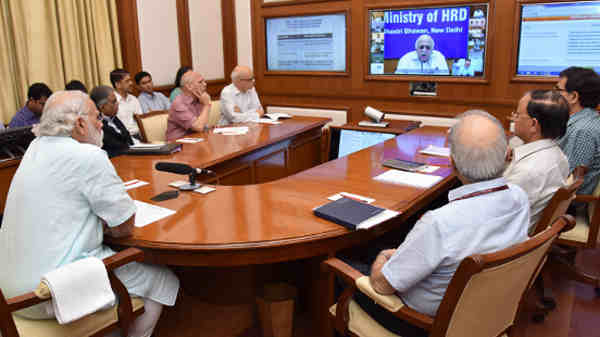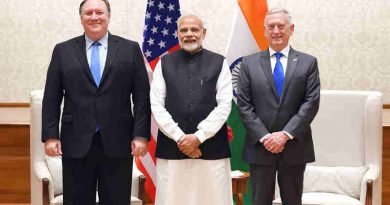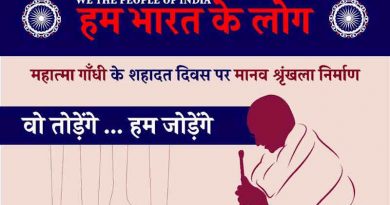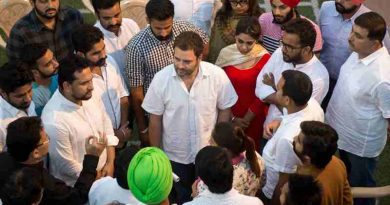Can Pragati Achieve Good Governance for India?

Pragati – or any other government monitoring system – does not provide any empirical analysis or the measurable impact of the implementation of government schemes. That’s why there is no accountability for politicians and bureaucrats.
By Rakesh Raman
Most Indians believe that the Prime Minister of India, Narendra Modi, is an uneducated man who tells lies about his educational qualifications.
In fact, Delhi’s Chief Minister Arvind Kejriwal and his Aam Aadmi Party (AAP) left no stone unturned to see Modi’s academic degrees and finally concluded that the certificates that Modi is showing are fake.
However, Modi is projecting himself not only as an educated man but also a tech-savvy political leader, a rare thing in India which is still an underdeveloped country.
If you visit Modi’s Twitter account, it appears from the frequency of his tweets – most are useless – that he is so familiar with the mocroblogging site for social networking that he uses Twitter like a toy.
[ आइए सुने अपने प्रधान मंत्री नरेंद्र मोदी जी के मन की बात ]
Modi talks about Digital India, governance websites, interactive mobile applications, and whatnot. These days, he is using Pragati – a technology-based platform for proactive governance and timely implementation of government schemes. He chaired his twelfth interaction through Pragati on Wednesday, May 25.
Among other projects, Modi reviewed the progress towards handling and resolution of grievances related to disbursement of scholarships and fellowships to students.
He sought to know the reasons for the delay, and enquired about the progress of Aadhaar-linkage to disbursal of benefits to students.
[ Also Read: How India Abuses Children’s Right to Education ]
Modi urged the concerned officials to increase the speed of addressing grievances, and aim for quick and effective resolution of students’ issues with regard to scholarships and fellowships.
He reviewed the progress of the “waste to wealth” initiative under the Swachh Bharat Mission. This includes both “waste to compost,” and “waste to energy” components. Various States gave details about the progress of works under this initiative.
In all this propaganda, Modi fails to understand that like politicians, the bureaucrats in India are slowly destroying the country. Civil servants in India are so unskilled that their behaviour spews uncivil tantrums. Now, they are uncivil masters of the Indian masses.
[ India: Civil Servants or Uncivil Masters? ]
Modi is trying to tame this lot with Pragati and other tech tools. However, he is unlikely to succeed because like most government ministers, the bureaucrats – including IAS, IPS, IFS officers – lack expertise in the departmental domains that they are supposed to manage.
As a result, they prefer not to interact with common people to solve their problems. For example, you hardly get response to your letters or e-mails from any government department because bureaucrats and politicians are highly illiterate. They can’t write a proper response to public requests. So, there is hardly any interaction between the government and commoners.
[ “मेरा देश बदल रहा है…आगे बढ़ रहा है” ]
Pragati – or any other government monitoring system – does not provide any empirical analysis or the measurable impact of the implementation of government schemes. That’s why there is no accountability for politicians and bureaucrats.
Thus, Pragati is just another hogwash that Modi is using to falsely show his tech knowledge and hoodwink the public. Do you agree?
By Rakesh Raman, the managing editor of RMN Company
Photo courtesy: Press Information Bureau





